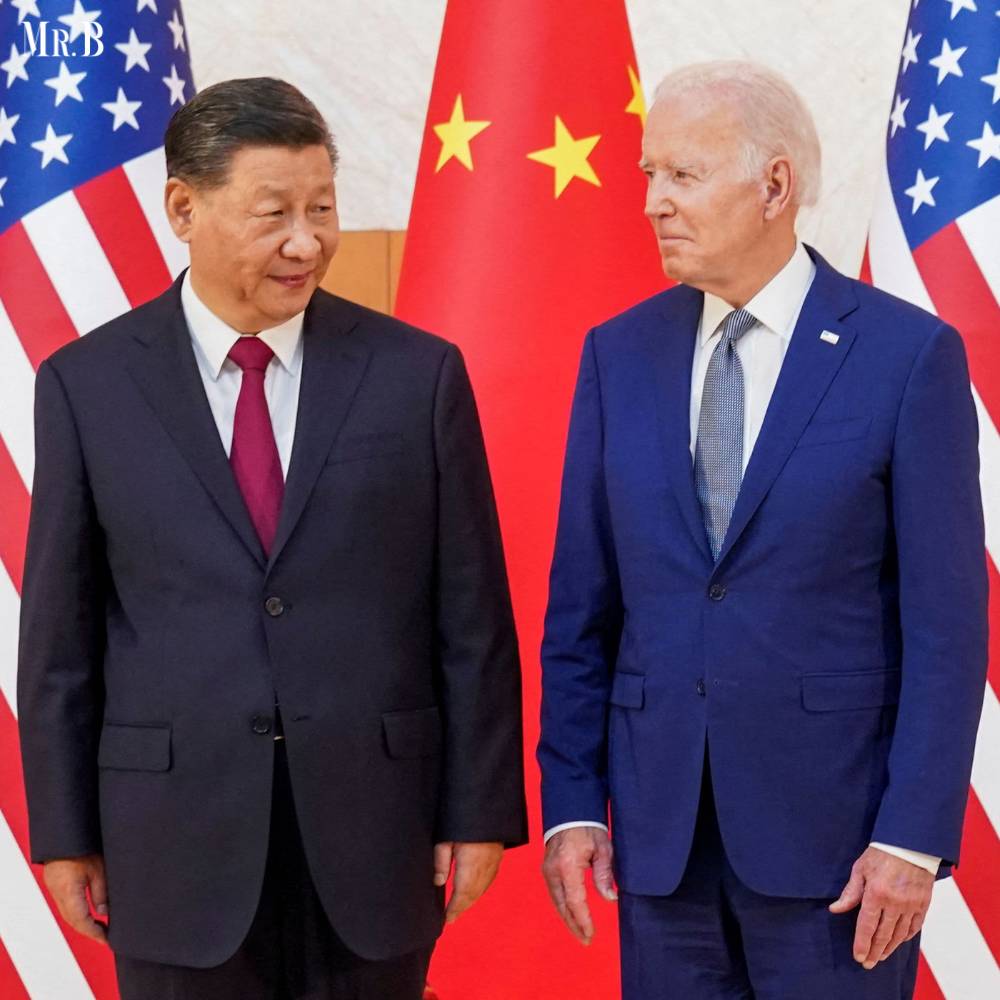Rebecca Kujawa, CEO of NextEra Energy Resources, has expressed significant concern over President Joe Biden’s proposed tariffs on Chinese clean energy technologies, cautioning that these measures could impede the nation’s green transition. Kujawa emphasized that these tariffs are raising costs for consumers and complicating the achievement of the U.S. Green Transition clean energy objectives.
“Tariffs add to the level of uncertainty,” Kujawa stated. “Any uncertainties in the development process can definitely create higher costs for customers and make it more difficult to get some of the clean energy goals that the Biden administration has over the finish line.” This warning from NextEra aligns with broader industry apprehension that new duties will not only slow the decarbonization process but also inflate its costs.
Last month, the Biden administration implemented a series of tariffs on Chinese clean technologies to protect the budding U.S. Green Transition industry, amid concerns that inexpensive imports have hindered manufacturers’ operations, even with support from the Inflation Reduction Act. Additionally, the U.S. International Trade Commission has begun investigating a petition from several solar manufacturers calling for anti-dumping duties on Chinese solar cell producers in Southeast Asia, where the U.S Green Transition sources most of its panels.
U.S. Green Transition Industry Divisions Over Proposed Tariffs
The potential new tariffs have created a rift within the industry, dividing large domestic manufacturers and operators. Domestic manufacturers argue that the tariffs are essential to compete against low-cost Asian imports, while operators warn that such tariffs will drive up renewable energy prices due to limited domestic supply.
Jim Murphy, CEO of Invenergy, a U.S. renewables developer, highlighted the dilemma, stating, “If solar is deemed to be a product that has a very uncertain cost, it’s hard for customers to make commitments to utilize that technology. We don’t have domestic manufacturing here, so why should we be tariffing the imports?”
This complex situation underscores the Biden administration’s challenge of greening the world’s largest economy while also establishing a domestic supply chain for clean technologies, predominantly produced in China. Herbert Crowther, an analyst at Eurasia Group, noted that there is a “natural tension between China policy and climate policy” in the U.S., predicting that tariffs will result in “slower, short-term deployment” until a domestic industry is established. Crowther added, “In the U.S. political context, ultimately, China policy sells much more than climate policy.”
Pressure on U.S. Grid and Economic Implications
The anticipation of increased power demand from AI-driven data centers and manufacturing has intensified pressure on the U.S. grid to decarbonize. According to the American Clean Power Association, the U.S. installed 5.6GW of new solar, wind, and battery systems in the first quarter of 2024, marking a 28 percent increase from the same period last year. The White House aims to achieve 80 percent renewable energy generation by the end of the decade and 100 percent by 2035, a significant rise from just over 20 percent last year.
Kujawa also urged lawmakers to avoid politicizing clean energy, highlighting its substantial role in economic development. NextEra, headquartered in Juno Beach, Florida, has grown into a renewable energy giant over the past decade in a state that often opposes prioritizing climate change mitigation. Recently, NextEra announced plans to double its renewables capacity by 2027, aiming for 37GW-47GW.
“Renewables have spurred economic development in local communities,” Kujawa said. “If we don’t feed into the politicization, the reality of the real economic development, the real value to customers is able to shine through.”
In summary, the ongoing debate over tariffs on Chinese clean energy technologies presents a significant challenge to the U.S. Green Transition Industry leaders like Kujawa emphasize the potential economic and developmental benefits of renewables, advocating for a balanced approach that avoids politicization and promotes sustainable growth.
Curious to learn more? Explore this News on: Mr.Business Magazine







